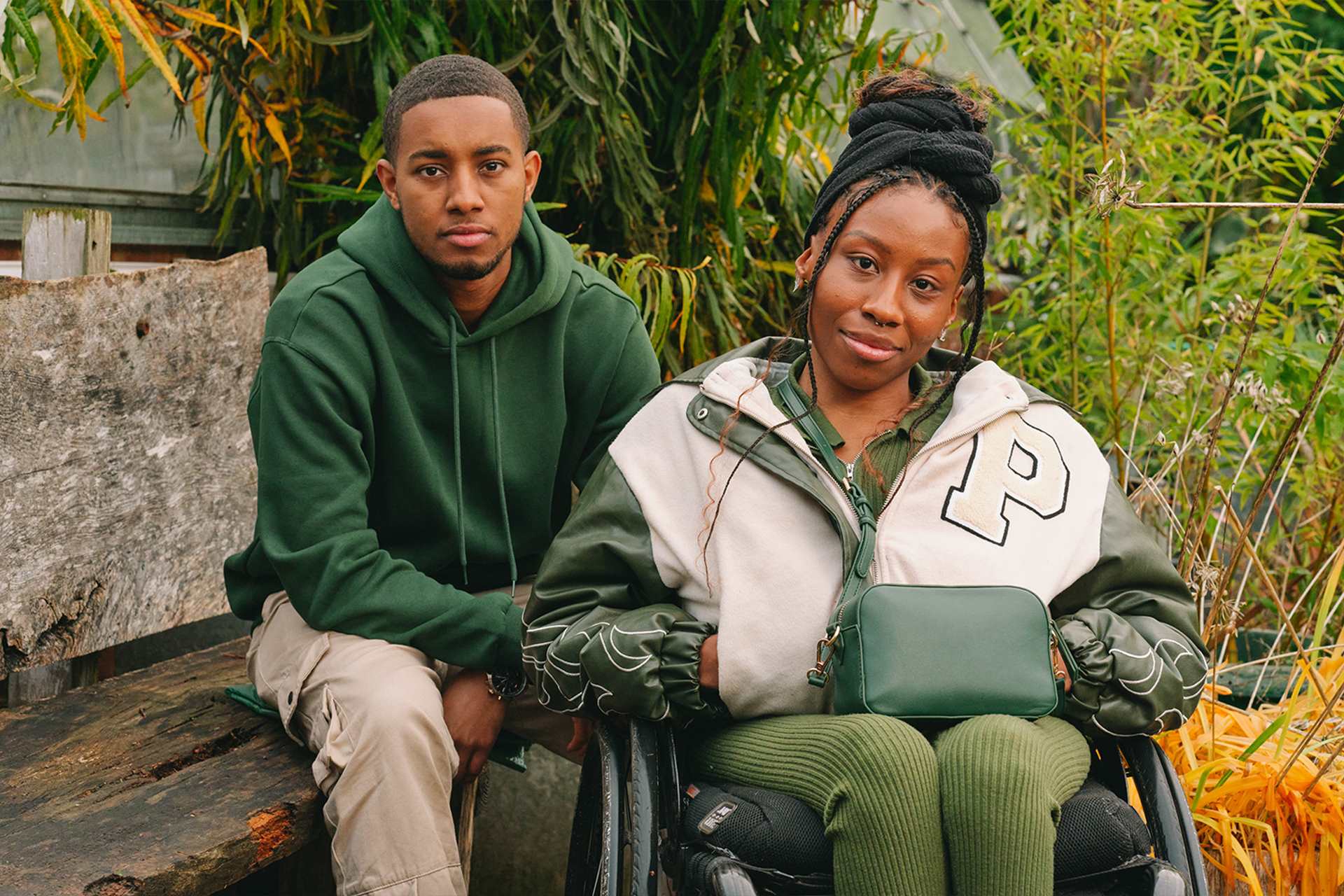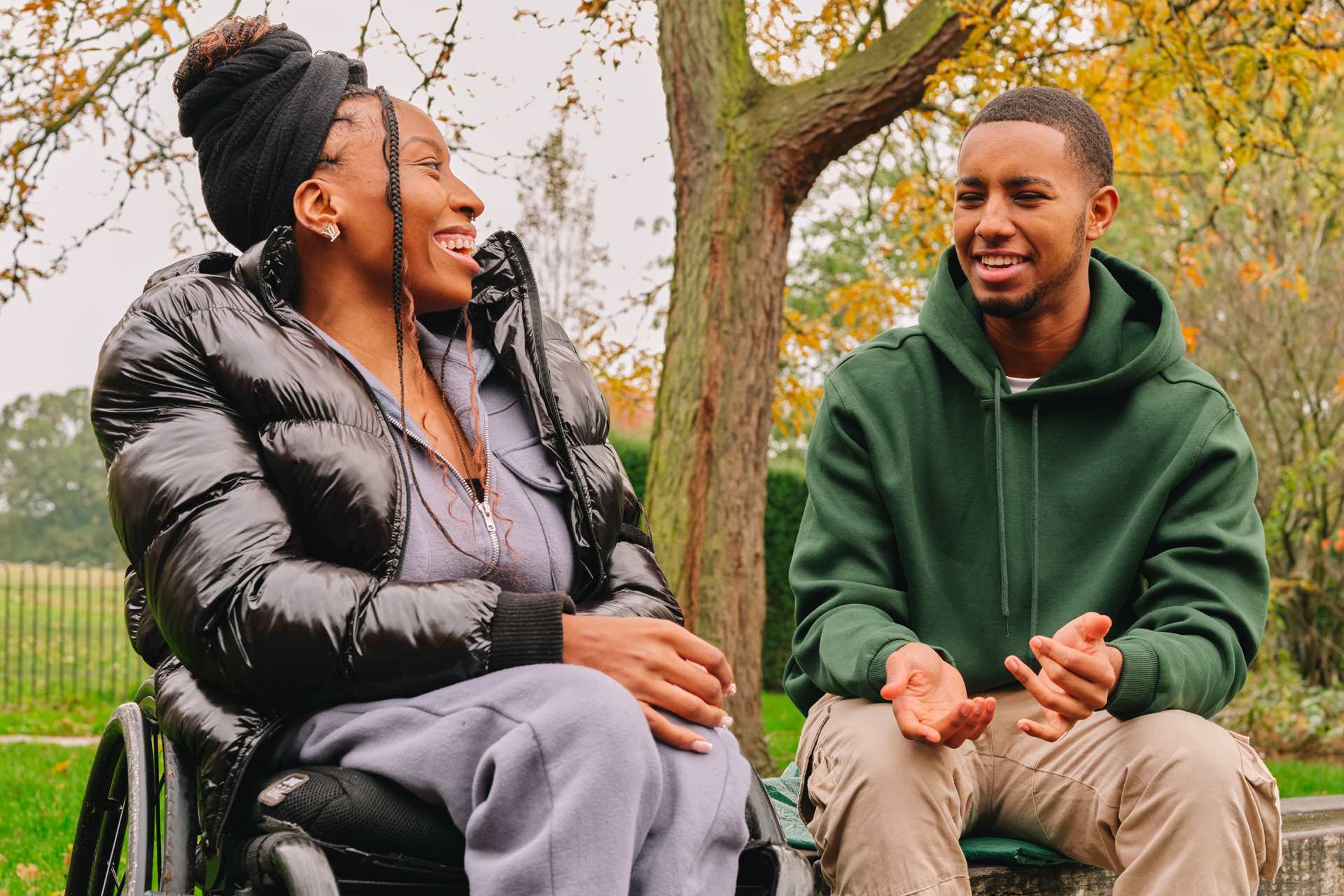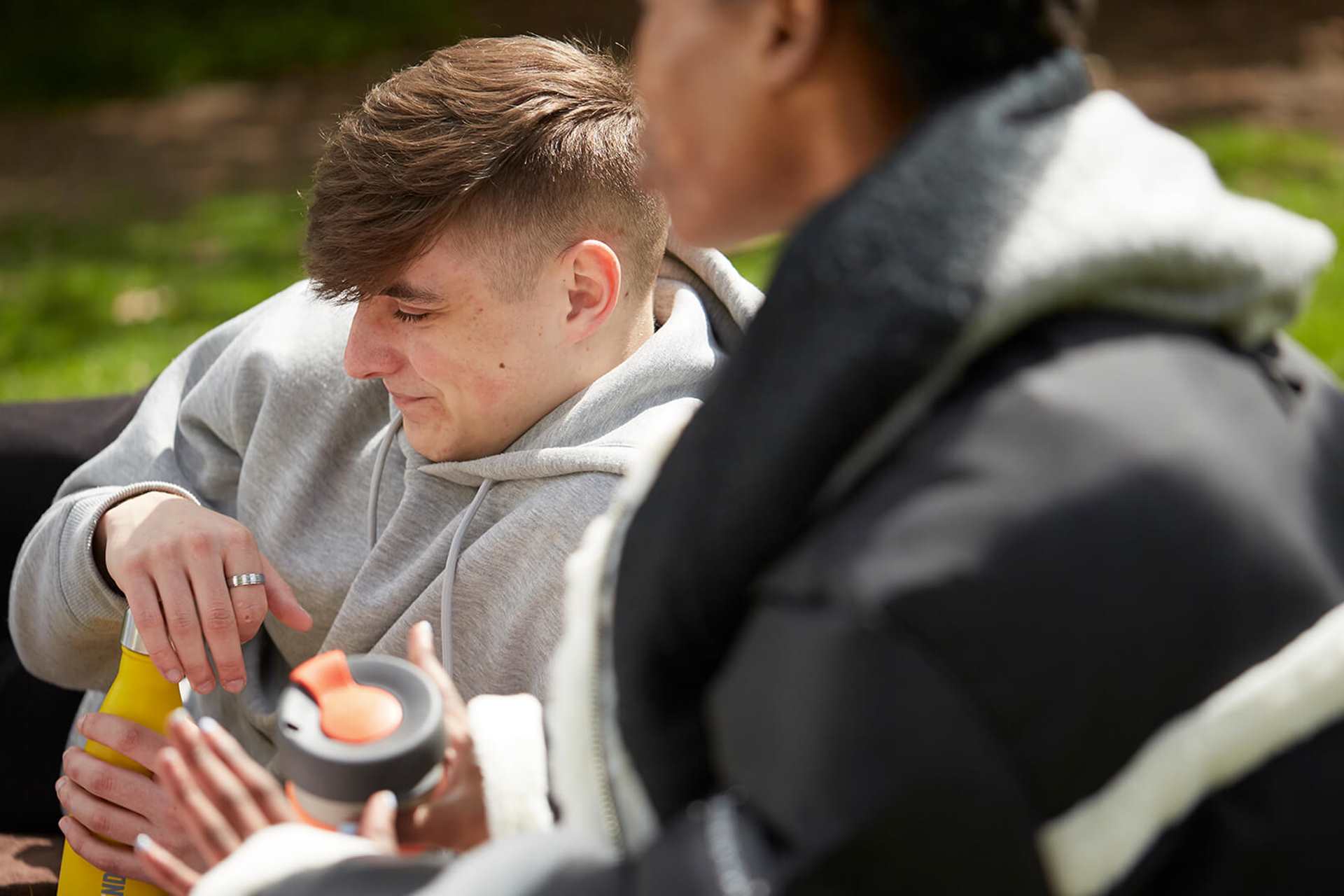Your doctor will advise you on how long it is best to keep taking your medication. This may vary depending on what you’re taking it for and how many times you’ve been unwell.
For psychosis or schizophrenia, if you have had one episode of illness, then it is best for you to keep taking risperidone for at least two years to reduce the chances of becoming ill again. If you have had more than one episode of illness, then a period of at least five years is recommended.
If you are taking risperidone to treat bipolar mania or bipolar depression, then you will need to discuss long-term medicines for your bipolar disorder with your doctor. This is to help stop the illness coming back.
For bipolar disorder, it is important to remain on medicines in the long term because every time you become ill, there is more chance of you becoming ill again. Risperidone can be used as a long-term medicine, but there are other choices too, and lithium is still thought to be the best long-term medicine for bipolar disorder. You should discuss your options with your doctor.
For schizoaffective disorder, it is probably best to keep taking the risperidone for several years to reduce the chances of the illness coming back. We know less about schizoaffective disorder, but it has some similarities to bipolar disorder and some similarities to schizophrenia.
Depression is usually treated with an antidepressant medicine, and risperidone is sometimes added to an antidepressant for more severe depression. For people with severe depression, it is best to continue the antidepressant medicine for at least two years to stop the illness from coming back. The doctor is likely to recommend continuing risperidone for the same length of time.
If you are taking risperidone to help with tics associated with Tourette Syndrome you may continue to take this for many years if it is helping. Your doctor will review your medication regularly with you. Tics will naturally ‘wax and wane’, which means they get better and worse over time. This may make it harder to tell if your medication is still working well or not. It might be helpful to keep a diary.
If you are taking risperidone to help with feelings and emotions like severe agitation, irritability or aggression, your doctor will review your medication with your regularly.
Your doctor should review your progress on this medication at least once a year.











